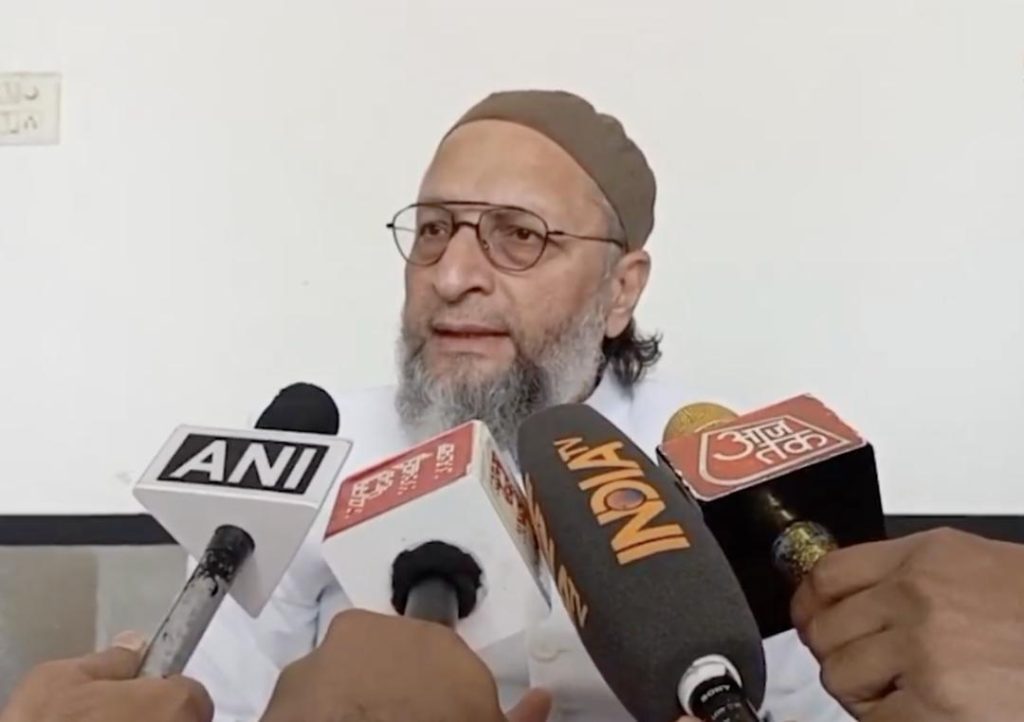
Arrest 4-5 ministers & govt is gone: Owaisi on PM-CM removal Bills
In a shocking statement, All India Majlis-e-Ittehadul Muslimeen (AIMIM) chief Asaduddin Owaisi has claimed that if four to five ministers are arrested, the entire government would collapse. This statement comes in the wake of the Constitution (130th) Amendment Bill, which provides for the removal of Prime Ministers, Chief Ministers, and ministers who have been arrested for at least 30 days.
Owaisi’s comments have sparked a heated debate in the political circles, with many interpreting his statement as a challenge to the government. However, in an exclusive interview with PTI News, Owaisi clarified that his statement was aimed at highlighting the absurdity of the proposed bill.
“This proposed bill is saying that the President can remove the Prime Minister. What is this?” Owaisi questioned. “If a Prime Minister or a Chief Minister is arrested, it means they are guilty of a crime. Why should the President have the power to remove them? It’s not a matter of loyalty or politics, it’s a matter of law and justice.”
Owaisi further emphasized that the bill is a threat to the democratic process, as it gives the President the power to supersede the decisions of the courts and the legislature. “The President cannot be the judge, jury, and executioner. The Constitution has a clear process for removing the Prime Minister, and that process is through Parliament,” he said.
The AIMIM chief also took a swipe at the government for introducing the bill, saying that it was a desperate attempt to distract the public from the real issues. “The government is trying to divert attention from their failures on the economy, healthcare, and education. They are trying to create a controversy around this bill, but the people are not buying it,” he added.
Owaisi’s statement has sparked a reaction from the ruling party, with many ministers and leaders defending the bill. However, opposition parties, including the Congress and the Trinamool Congress, have expressed their reservations about the bill, citing concerns about its constitutionality and the potential for abuse of power.
The debate around the bill is likely to continue in the coming days, with many experts weighing in on its implications for Indian democracy. While Owaisi’s statement may have sparked controversy, it has also highlighted the importance of a robust and transparent system of governance.
In conclusion, the proposed Constitution (130th) Amendment Bill is a complex and controversial issue, with far-reaching implications for Indian democracy. While the government and the ruling party have defended the bill, opposition parties and experts have raised a number of concerns about its constitutionality and potential for abuse of power.
As the debate continues, it is essential that citizens remain engaged and informed about the issues at stake. The proposed bill is a test of our democratic institutions and our commitment to the values of transparency, accountability, and the rule of law.






